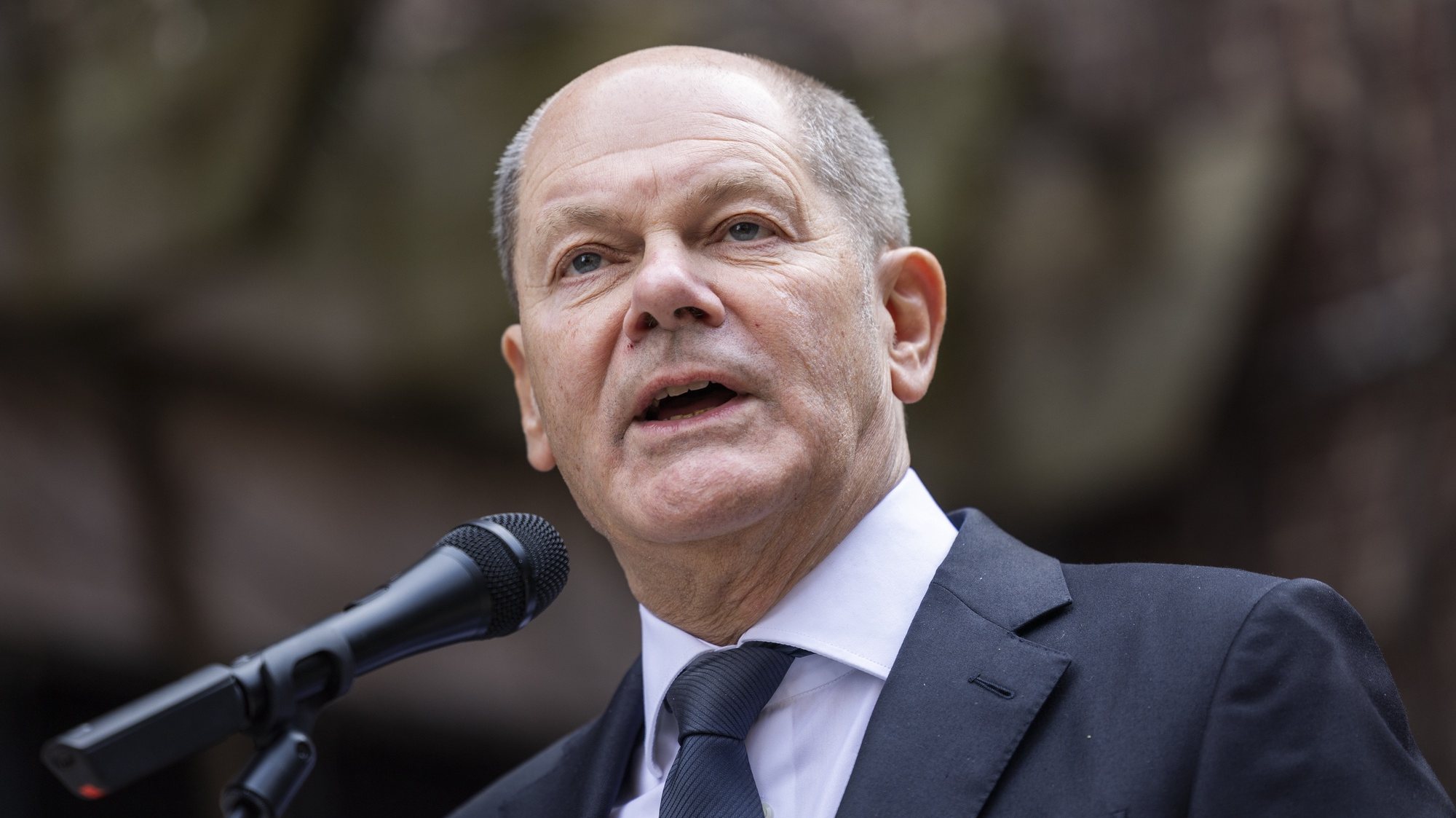The German Chancellor reacted to Biden’s announcement about new tariffs on imports to China, arguing that “protectionism ends up making everything more expensive”, a position shared with the EU.
German Chancellor Olaf Scholz warned this Wednesday of the risks of “protectionism”a day after North American President Joe Biden announced new tariffs on imports from China, particularly electric vehicles.
“It is clear that the German economy has faced unprecedented challenges in the last two years since the Russian attack on Ukraine. And, in this situation, we must be careful that open markets do not collapse,” declared Scholz, at an event organized by the German Chamber of Commerce and Industry.
The German leader argued that “Protectionism ends up making everything more expensive.” “What we need is fair and free world trade”defended the chancellor, reiterating a position expressed on other occasions.
As the White House had anticipated, Biden announced on Tuesday new tariffs worth 18 billion dollars (16.6 billion euros) on imports of Chinese products, with electric vehicles being the most affected, with rates rising from 25% to 100%.
Biden wants to tax the Chinese 100% and Trump asks for a billion
The German government’s Advisory Council of Economists, the group of the so-called “five wise men”, also evaluated This measure is less effective than many believe and it would not be appropriate for the European Union (EU) to follow this path.
“It is clear that the United States wants, for political reasons, to protect its people and its industry. It’s understandable, but the question is whether something similar would be appropriate for us, it may not be the smartest thing to do,” said Monika Schnitzer, the group’s president.
Also on Tuesday, the European Commission announced that it would analyze the US decision, as well as its possible impact on the 27 market.
The spokesperson for the European Trade Commission, Olof Gill indicated during the daily press conference that he would not comment on the application of tariffsnor the conclusions reached by the US authorities in this regard.
The new tariffs affect sectors described by the White House as “vital to the economic future and national security of the United States”, such as steel, aluminum, semiconductors, electric vehicles, batteries, solar panels, cranes unloading of ships and medical products.
The European Commission formally opened an anti-subsidy investigation into imports of electric vehicles from China in October.
Brussels formally opens an investigation into China for sensitive support for electric cars
The investigation aims to determine whether the value chains of these vehicles in China benefit from illegal subsidies and whether these are causing or threatening to cause economic harm to EU electric car producers.
Based on the findings of its investigation, the Commission will determine whether to mitigate the effects of the unfair trade practices found by imposing anti-subsidy duties on imports of electric vehicles from China.
Olof Gil also recalled that on May 6, in a meeting in Paris, the president of the European Commission, Ursula von der Leyen, urged the Chinese president, Xi Jinping, to address the imbalances and policies that are at the root of this excess capacity.
Von der Leyen warns Xi Jinping that the EU “cannot” continue accepting unfair competition
The Italian Economy Minister, Giancarlo Giorgetti, also argued that it is necessary for the EU to defend itself from competition from external countries, when answering whether Europe should follow the North American path and impose tariffs on China.
According to the European Commission, Chinese vehicles have a penetration of 8% in the community market – which could double to 15% in 2025 if the same pace is maintained – and cost 20% less than European ones.
The Community investigation into these Chinese imports will be concluded within a maximum period of 13 months from its initiation and, if legally justified, provisional anti-subsidy duties may be imposed within a period of nine months from its initiation. Definitive measures may be imposed up to four months after or within 13 months following the opening of the investigation.
Source: Observadora
